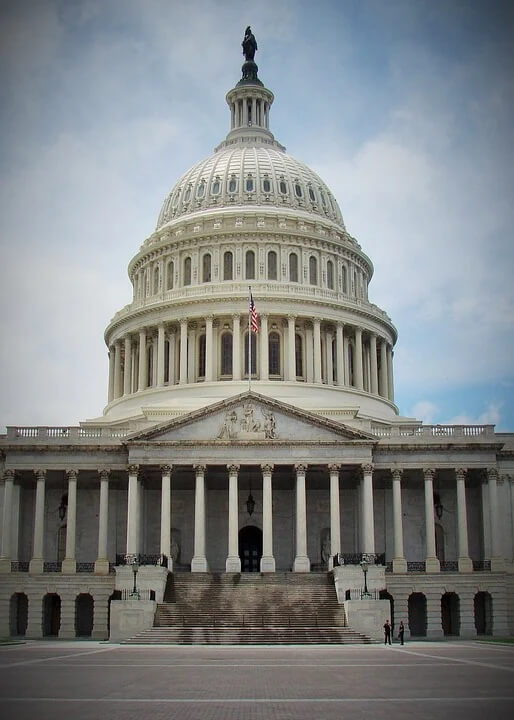Editor’s Note: The following is a statement by Zochrot. Mondoweiss occasionally publishes press releases and statements from organizations in an effort to draw attention to overlooked issues.
As we mark the 73rd commemoration day of the Nakba, Palestinians are reliving the events of the Nakba.
The killing and destruction will end only when the root of the problem is addressed: a colonialist regime that continually dispossesses the Palestinians.
Dozens dead, hundreds injured, and millions of children, women and men anxious, despaired and in pain. These sights are regrettably familiar, as are the politicians’ statements and tactics. One cannot expect a different result if one keeps repeating the same acts – above all, if one’s politics is one of denial.
We need to stop focusing on “rounds”, “escalations”, and “extremist acts”, and start recognizing the ongoing routine of the oppression and dehumanization of the Palestinian people.
As a first step, we need to stop focusing on “rounds”, “escalations”, and “extremist acts”, and start recognizing the ongoing routine of the oppression and dehumanization of the Palestinian people – the systematic uprooting and dispossession of Palestinians, every day over the past century.
Today, our call is more relevant than ever: recognizing the supremacist nature of the regime controlling the area between the Jordan and the Mediterranean and the ongoing nature of the Nakba as its essential outcome is a precondition for a just and viable solution.
The ongoing Nakba is manifested by the systematic expulsion of Palestinians from their homes (for some, it is the third and even fourth time) – in Sheikh Jarrah, in Lydda (Lod) and in Jaffa, among other places. It is also manifested in massive land expropriations and in the structural discrimination in the planning and housing areas. It is grounded in the same sense of ethnic superiority that translates into lynching.
The Nakba is manifested in the brutal assault of armed Israeli forces into the Al-Aksa Mosque, which injured hundreds of worshippers – a painful reminder of dozens of mosques and churches destroyed in the depopulated towns and villages, of the desecrated cemeteries and the abandoned remains we find in our tours time after time.
The Nakba takes place in Gaza as we speak – the blockaded Gaza seventy percent of whose inhabitants are refugees. Across the fence, some of them can see the places that used to be their homes every day, but cannot even visit, let alone reclaim them. Gaza, which has lost seventeen children as of now this week, a fact lost on many Israelis preoccupied by other news.
The Nakba is embodied in the severe damage to Palestinian health: for example, infant mortality in Gaza is five times higher than in Israel, and the Palestinians in the Occupied Territories die on average ten years before the Israelis across the fence or checkpoint.
It occurs in the Palestinian towns within the 1948 borders: in Nazareth. Lydda, Ramle, Haifa and Jaffa, where the survivors of the Nakba who have managed to remain in what became the State of Israel and their descendants are continually subjected to brutal police violence as they demonstrate in support of their people – their sisters and brothers, who happen to carry a different identity card. There, armed Jewish militias can shoot Palestinians at will, with the full support of the State of Israel and its minister of internal security.
The Nakba goes on as Palestinians are subjected daily to dehumanization and uninhibited incitement in the Israeli press and education system, that is perhaps more explicit in times of “escalation”, but never actually stops.
The only viable solution to the conflict is the country’s decolonization.
Ending the violence now is a necessary but not a sufficient condition. What’s needed is courageous cultural and political change, a shift of consciousness towards a transitional justice process. The only viable solution to the conflict is the country’s decolonization. We will only have peace once all of the country’s inhabitants and refugees are able to live in it without the threat of expulsion or denial of return.
We at Zochrot believe things can be different. We believe there is hope for a life of equality, justice, peace and prosperity for all those living in this land, and for all those yearning to return. Even in these difficult days – every day – we go on imagining and educating for this change, making it possible. Especially this Saturday, Nakba day, join us, keep following and keep solidarity with the Palestinian struggle, Until return.
Follow the battle over Palestine in U.S. politics.
The movement to end Israeli apartheid is making considerable gains in the United States. However, the Israeli occupation persists, billions in U.S. military aid continues to flow, and states continue to pass unconstitutional anti-BDS laws that target supporters of the boycott. Every Thursday, Michael Arria, takes you to the front lines in the battle over Palestine in U.S. politics.
Related posts:
Views: 0
 RSS Feed
RSS Feed















 May 16th, 2021
May 16th, 2021  Awake Goy
Awake Goy 
 Posted in
Posted in  Tags:
Tags: 
















